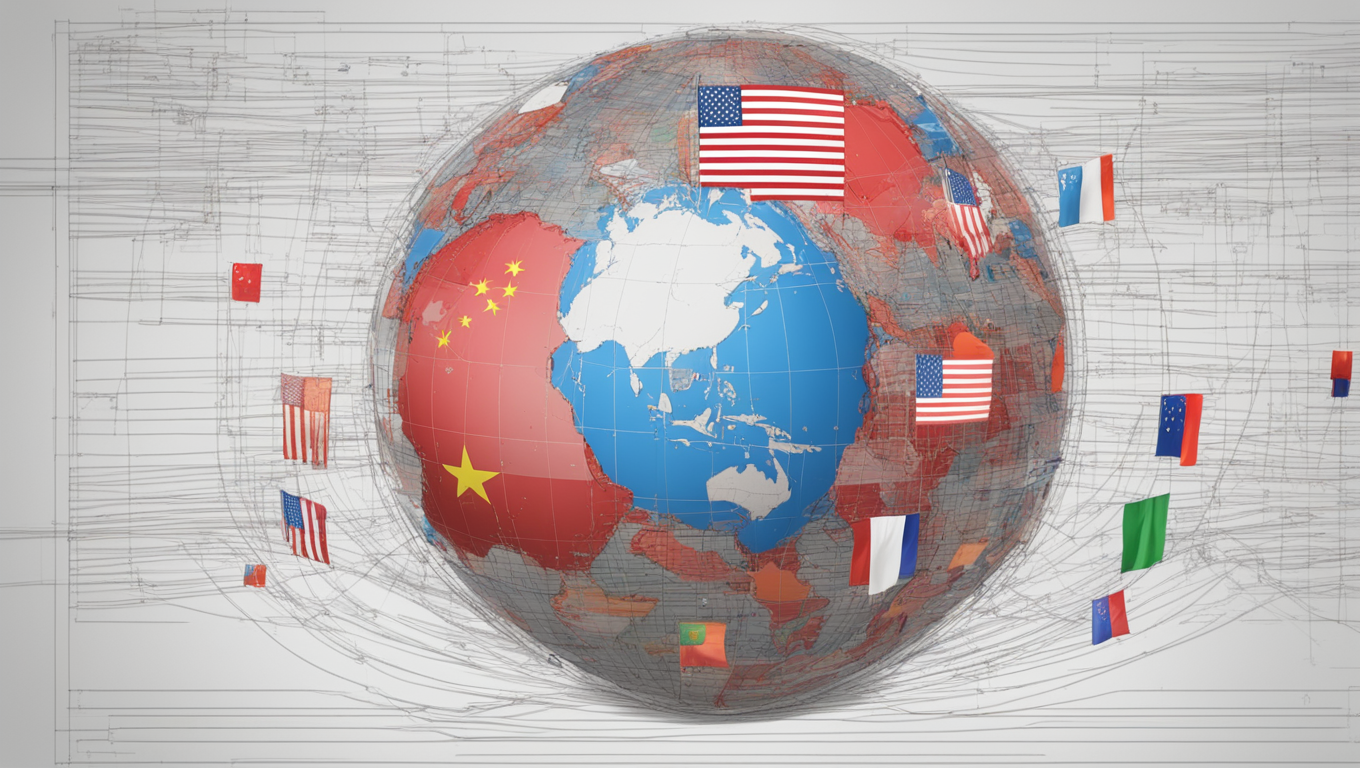China’s Rising Interest in Global AI Governance: Catching Up with the United States
China’s rapid advancement in artificial intelligence has caught the attention of global observers, who note the country’s increasing interest in participating in the global governance of AI. Experts suggest that China’s motivation stems from a growing concern that it is being left out and left behind in the AI race, particularly in comparison to the United States.
China’s perception of keeping pace with the U.S. on AI technology was shattered with the emergence of ChatGPT, a large language model-powered chatbot developed by OpenAI. This breakthrough made China realize that it was falling behind and triggered a series of changes to boost its domestic AI capabilities. Chinese officials have been aggressively pursuing generative AI tools and large language models to catch up with their American counterparts.
However, China’s pursuit of AI dominance is not limited to technological advancements alone. The Chinese Communist Party also recognizes the importance of participating in global efforts to shape the regulatory landscape of AI. China aims to avoid being marginalized in international governance discussions on AI and is actively seeking opportunities to join global AI governance fora. They are also considering supporting the formation of a global AI governance body within the United Nations.
The long-term goal for China is to help shape the establishment of an international AI regulatory agency, similar to the International Atomic Energy Agency (IAEA). This agency could provide a framework for addressing the unique challenges posed by AI and ensuring that it is used responsibly and ethically.
While some skeptics doubt the effectiveness of international cooperation in resolving AI-related challenges, experts believe that certain issues require global engagement. Military AI and safety concerns, for example, necessitate international cooperation to prevent the proliferation of AI-powered cyber weapons.
The idea of an international agency dedicated to AI regulation has gained interest from potential targets of China’s AI-enabled cyber weapons. Ethan Tu, a Taiwanese technology leader, expressed support for international efforts to assess and mitigate AI risks. Although the establishment of such an agency is unlikely in the near future, China is actively signaling its interest in participating in an international framework for AI rules.
In the absence of an international regulatory body for AI, governments worldwide are vying to establish their own AI rules. The European Union, for instance, is advocating for its approach to AI regulation and seeks allies in the United States. Meanwhile, Chinese government officials have made their interest in global AI governance known, even catching the attention of figures like Elon Musk.
As the competition for AI dominance and governance intensifies, it is crucial for global leaders to collaborate and address the challenges posed by this transformative technology. International cooperation will be essential in ensuring the responsible and equitable development of AI while mitigating the risks associated with its misuse.





Use the share button below if you liked it.